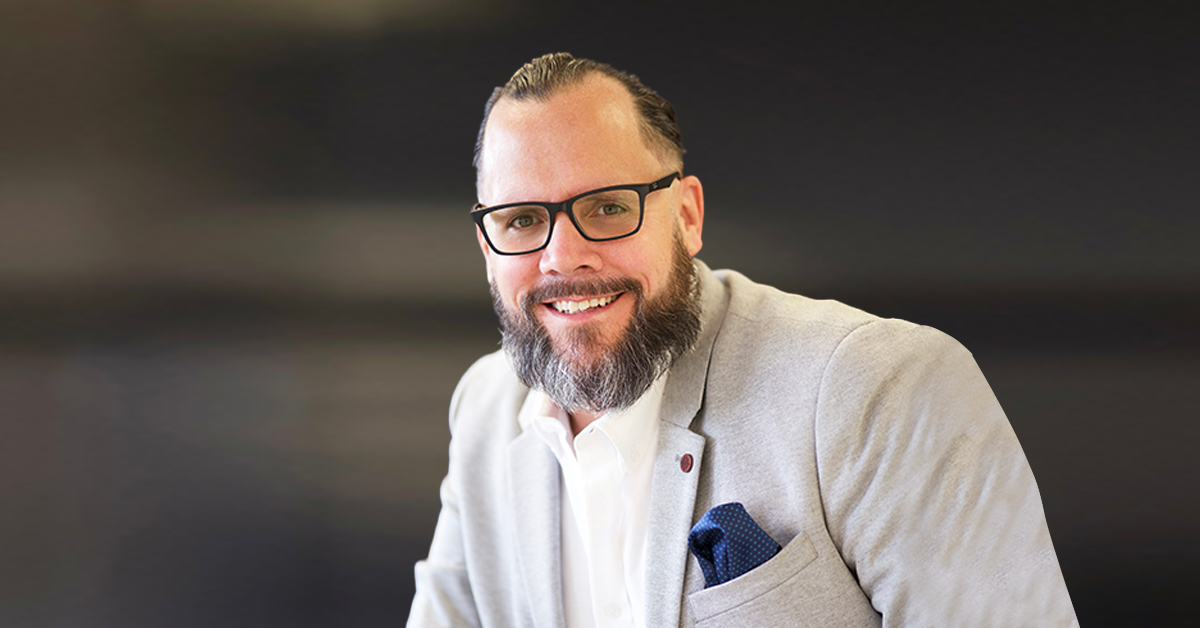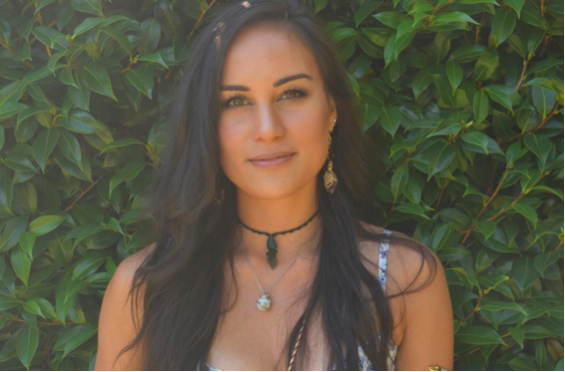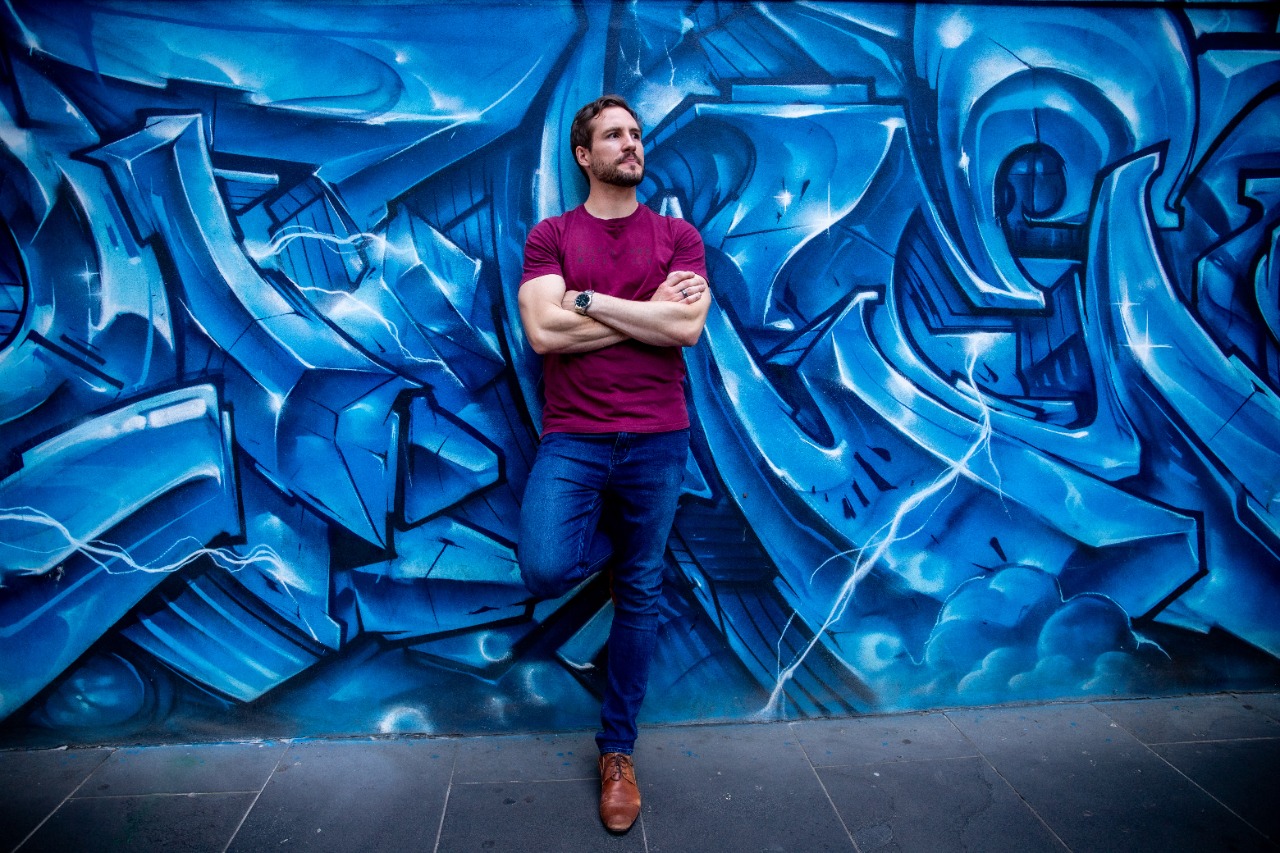“As a life coach, you must coach yourself daily…”
Contrary to popular opinion, a life coach is not necessarily an upgraded therapist, a jacket-clad gym instructor, a low-key diet cheerleader, or the person who whispers dramatically in your ears while you meditate. Most people have a warped impression of the unique services a life coach provides, inspired by unrealistic movie plots. In reality, coaches are trained professionals who have personally unlocked the full potential for a truly fulfilling state of existence, and they work to provide other people with the same enlightenment.
A life coach is a guiding hand toward improving daily life, careers, and interpersonal relationships. They help people at all stages of personal growth to clarify their goals, identify obstacles, and work out strategies for true fulfillment. According to Randy Belham, a Canadian-born serial entrepreneur and Jay Shetty-certified life coach, his job is about asking the most difficult questions and steering his clients toward life-changing answers.
“We don’t ‘advise’ because we’re not like counselors or therapists,” says Randy Belham who mostly works with successful people seeking a re-defined purpose. “What we do is to really ask the questions. “We have the client find the answers within themselves by digging really deep. The first step is to attain awareness and have the client become aware of themselves. What are their thoughts? What are their values? Who are they? What’s their life’s purpose?”
To ensure the complete success of the client’s journey through the enlightenment process, the life coach must never run out of optimism on the client’s behalf. When the client is low on energy and on the verge of giving up, the life coach supplies the necessary stream of uplifting positivity. For this reason, life coaches must enrich and recharge themselves regularly to provide the full beacon of support throughout each coaching period.
Below, we discuss a few trusted strategies for developing an optimal mindset and boosting positive habits as a life coach.
Professional training – eye-opening sessions for the aspiring life coach
There’s not exactly any governing body for life coaches, and as such, anybody can take up the title. At the very least, a proper life coach must be trained and certified by a recognized organization. This is the sole assurance that they actually know what they are doing and can be trusted to guide people in need of purposeful direction.
Belham recalls his experience, at the Jay Shetty Certification School, run by the renowned Jay Shetty, an English-Indian author, former monk, and professional life coach.
“I’m not gonna toot his horn, but Jay Shetty is phenomenal,” says Belham who is also a private school co-founder, summer camp founder, and Scuba instructor. “I’ve sat in one of those one-on-one sessions with them and I’ve literally been following him since he started. I was excited when he launched his coaching school last year during COVID. I knew I couldn’t just sit at home doing nothing at that time, and so I went on an onboarding call with one of the school’s directors. They talked to me about what coaching was, and I instantly knew it was for me. I’ve already been doing this my entire life and I just enjoy helping people. I immediately knew it was just a great fit for me.”
Seek a life-changing, transformational experience

To take on the massive responsibility of guiding people to improve their overall life, a life coach needs to have a holistically transforming experience that fundamentally challenges all of their former assumptions, preconceptions, beliefs, and values. An experience that breaks them into a new light and frame of mind, one where everything makes sense enough to enable the coach shed a similarly transforming light on others.
Belham recalls his experience in a Thai Monastery with dedicated monks, where his entire outlook on life and business success were completely overhauled – and upgraded for the better.
“When I was with the monks and learning, it was a big process with a lot of silence and a lot of meditation,” says Belham. “That’s where I let go really of everything that had destroyed me in the past. I was in this perceived control state. I was controlling my life and everything around me. I was also controlling my destiny. In the end, the whole experience exploded in front of my face and said, ‘No, you’re not in control.’ Eventually, I realized that there was no need to hold onto all this control. How is it serving me? I didn’t have an answer, and so I just let go.”
The monks taught Belham to embrace a positive habit of self-searching and soul-cleansing, and several years down the line, this experience comes in handy in his career as a life coach.
Conclusion – Find your balance
Life coaching is a major career path – as real as any walk of life gets. Consistent self-care and personal enrichment are essential for boosting the coach’s commitment and excellence on the job.
Belham leaves a few final notes for staying alert and mindful as a life coach.
“I’m an ardent meditator,” he says. “For 30 minutes to one hour in the morning, I meditate, a style known as Vipassana meditation, where it’s about focusing on the breath, understanding the thoughts as they come in, and just letting it go. And I also love walking. Walking definitely helps a lot. I have a dog. So I go out, walk the dog, and then I let my thoughts go through, I understand these thoughts and just allow myself to feel, ‘Okay, life is good. I have a roof over my head, my belly is full, and I’m healthy.’ I make sure to take that self-care and self-love seriously.”




